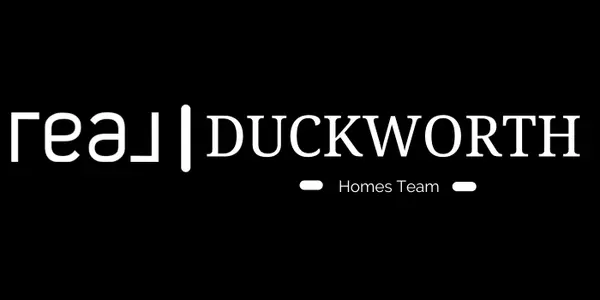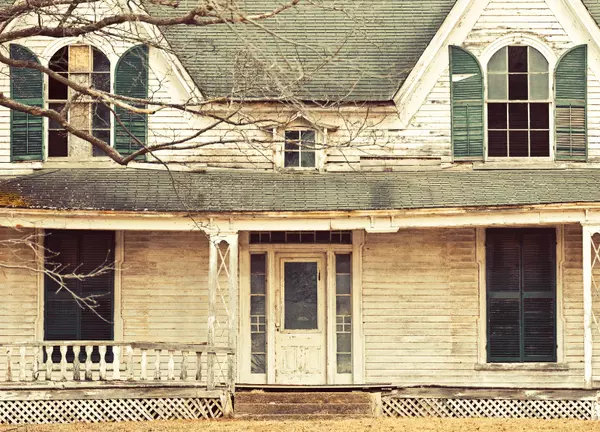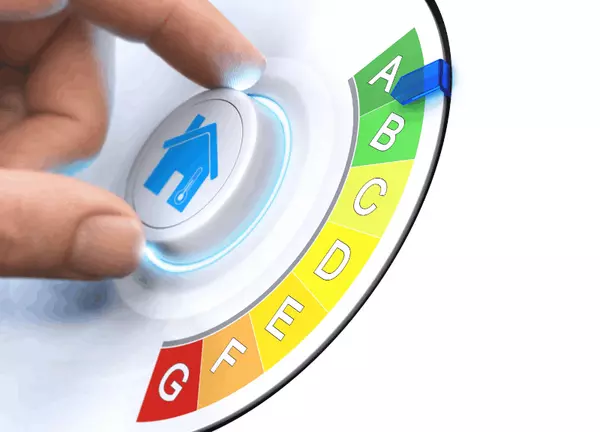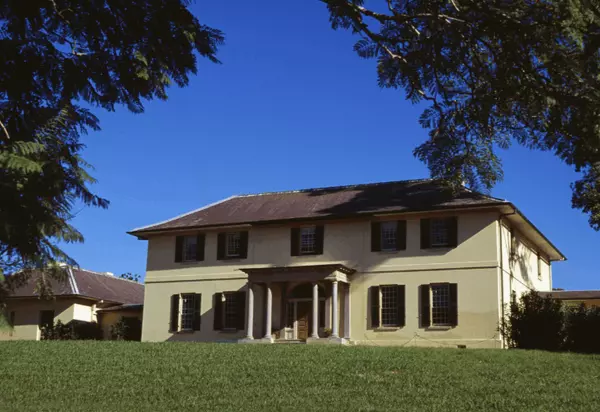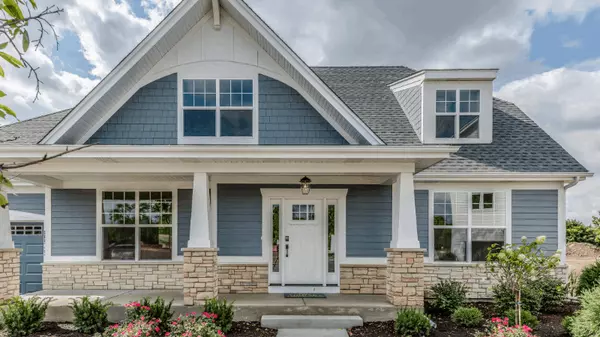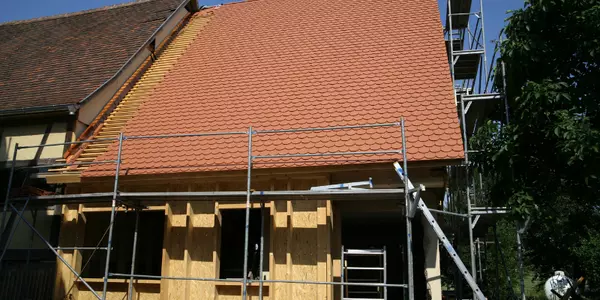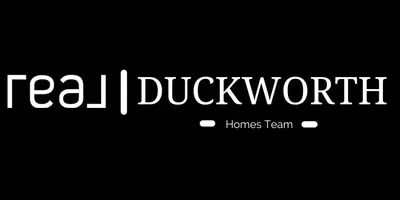Considering Adding a Home Addition in Rhode Island or Massachusetts? Discover the Costs!
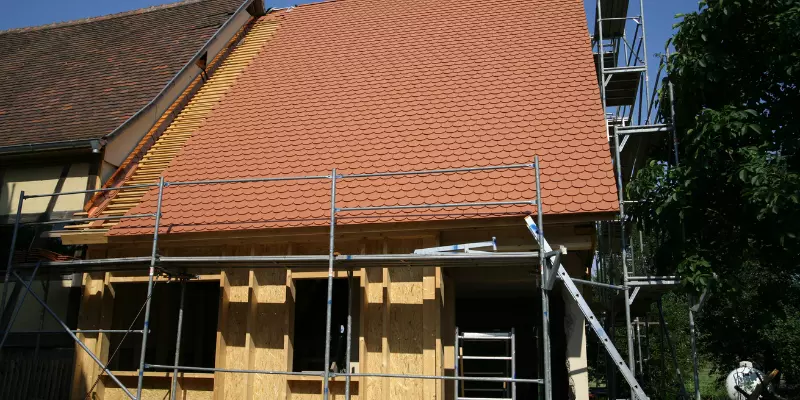
Expanding your home comes with numerous benefits, including increased square footage, enhanced property value, and improved functionality. However, embarking on a home addition requires careful planning and consideration of various costs.
The cost of a home addition can fluctuate based on factors such as the size of the space, materials used, labor expenses, and project complexity. While basic renovations offer some improvements, a well-executed home addition can be transformative.
In Rhode Island and Massachusetts, the average cost of a home addition ranges between $21,000 and $73,500, with an average of approximately $46,000. However, these figures can vary significantly based on specific project requirements.
Let's delve into the breakdown of costs associated with different types of home additions:
Chapters
- Adding a New Room
- Cost Considerations
- Factors Affecting Home Addition Costs
- Tips to Control Costs
- Return on Investment (ROI)
1. Adding a New Room
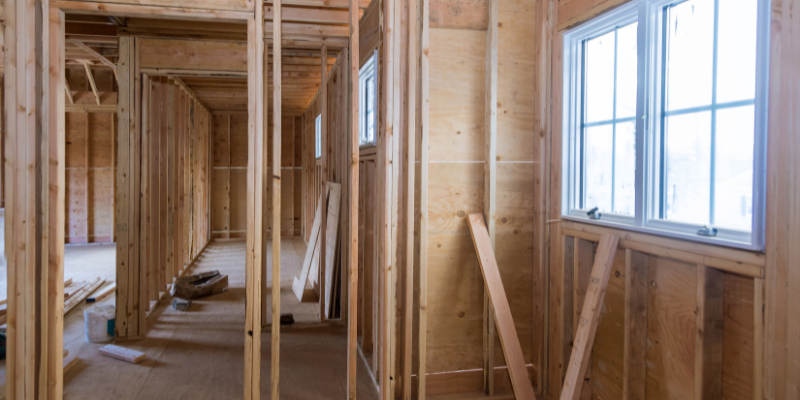
Bedroom
Adding a standard 9 by 12-foot bedroom can cost between $8,600 and $21,600, while a complete bedroom suite with a bathroom may exceed $100,000.
Bathroom
Costs typically range from $6,200 to $15,500, depending on square footage and required plumbing and electrical work.
Living Room
Expect to invest between $17,300 and $43,200 for an 18 by 12-foot living room addition, considering HVAC and electrical requirements.
Kitchen
Budget approximately $100 to $300 per square foot for kitchen additions, factoring in additional electrical wiring costs.
Mudroom
Creating a 50-square-foot mudroom may cost between $4,000 and $18,000, including exterior door installation and waterproof flooring.
Finished Basement
Costs range from $2,800 to $34,500, covering plumbing, insulation, drywall, lighting, and heating.
Finished Attic
Budget between $4,600 and $16,000 for attic finishing, accounting for insulation, ventilation, drywall, and flooring.
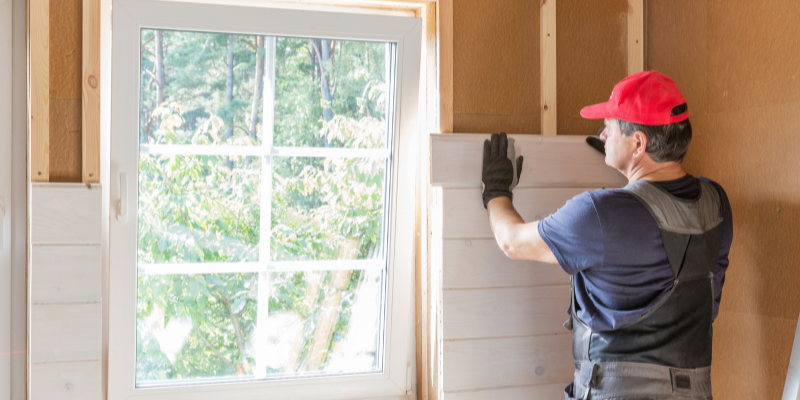
2. Cost Considerations
Labor
Includes payments to contractors, skilled professionals, and construction-related labor costs.
Materials
Cover expenses for building materials such as lumber, concrete, roofing, windows, doors, insulation, siding, and flooring.
Architectural and Design Fees
Hiring professionals for detailed plans and blueprints is an upfront cost.
Additional Costs
Include homeowner association fees, increased property taxes, insurance premiums, and temporary housing expenses during construction.
3. Factors Affecting Home Addition Costs
Project Size and Scope
Square footage, material quality, and room type influence costs, with labor being a significant expense.
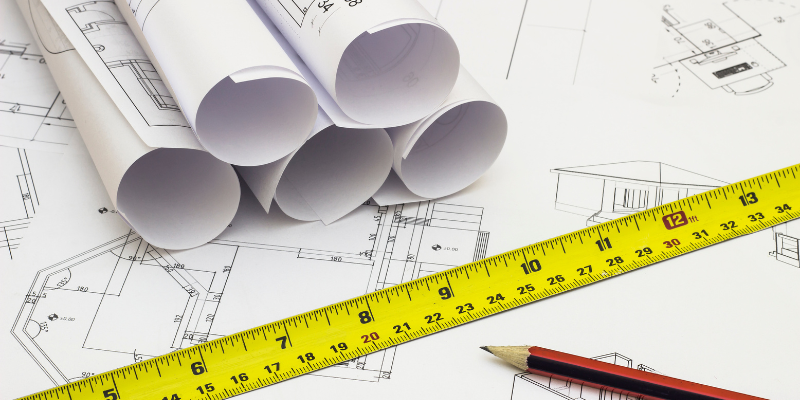
Location
Consider placement within the property and necessary accommodations for utilities and structures.
Labor
Labor costs typically account for 50-60% of total expenses, varying based on professional rates and project complexity.
| General Contractor | 10-20% of project |
| Architect | 5-10% of project |
| Plumber | $45-$200 an hour |
| Electrician | $50-$150 an hour |
| Carpenter | $75-$100 an hour |
Materials
Costs vary depending on the design and specifications, including foundation, framing, drywall, insulation, and flooring.
Permits and Zoning
Budget for building permits and ensure compliance with local zoning laws and regulations.
4. Tips to Control Costs
- Establish a realistic budget and plan meticulously to avoid unexpected expenses.
- Opt for simpler designs to minimize complexity and costs.
- Maximize existing space before adding square footage.
- Prioritize essential features over luxuries to stay within budget.
- Time your project during off-peak construction seasons to reduce labor expenses.
5. Return on Investment (ROI)
- The ROI varies depending on factors like addition size, materials, labor costs, and project complexity.
- Adding a bathroom yields an average ROI of 63%, while a primary bedroom suite offers a 56% ROI.
- High-quality finishes may enhance ROI, while budget-friendly options may yield lower returns.
In conclusion, a well-planned home addition in Rhode Island or Massachusetts can elevate your living space and property value. While it requires a significant investment, it's often more affordable and less stressful than relocating. Explore various options, conduct thorough research, and consult professionals to embark on a successful home addition journey.
Categories
Recent Posts
